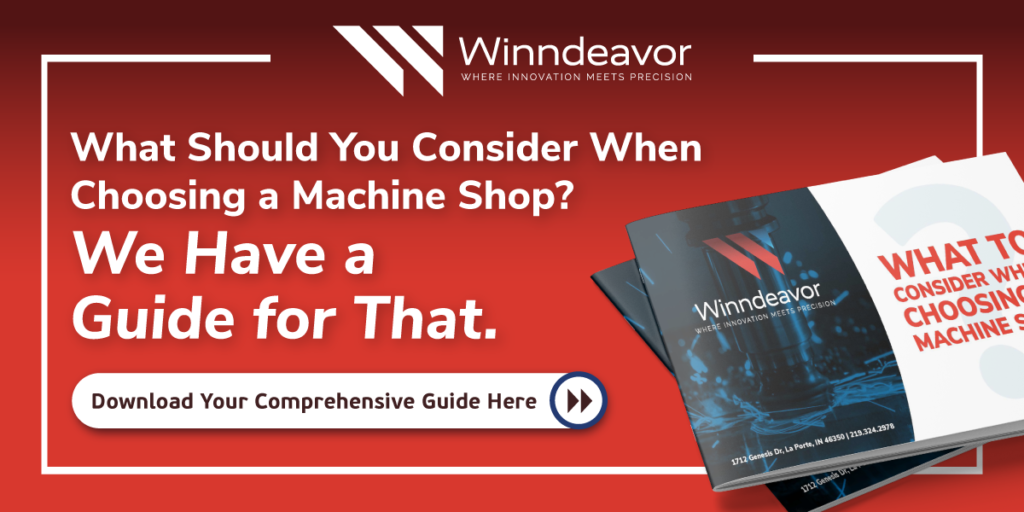We are all familiar with shopping, we do it all the time. Sometimes that entails just going out and picking a few items, and sometimes that involves weeks of research into a type of product before purchasing. That is B2C purchasing, you being the consumer purchasing from a business. That is how we shop as people, shopping as a business however is quite a bit different.
When shopping as a business for a product or service from another business it is referred to as B2B purchasing. B2B purchasing is different for several reasons, including quantities being ordered, specific requirements, and timelines.
Businesses don’t have the time or ability to shop around and do their own research as to what other business would be a good fit for their needs. Enter the Request for Quote (RFQ) and Request for Proposal (RFP). Both will help to identify businesses to purchase from, but each has unique qualities and are used to achieve different results.
Check out our Handy Guide to CNC Lathes
RFQ
Most commonly RFQ means Request for Quote, but it can also mean Request for Qualifications. A Request for Quote is used when a business is looking to buy a particular part or product. They are meant to get quick prices or quotes from businesses to compare against each other. RFQs are usually used when a company is looking to purchase a large quantity of a particular part or product.
An RFQ is common in manufacturing because this request identifies the particular specifications and quantities of a part needed by a potential customer, which allows us to compare those requirements against our capabilities and schedule in a quick and efficient way.
A business may also send out a Request for Qualifications, also referred to as an RFQ. However, a Request for Qualifications is sent out to a bidding company asking for information regarding their capabilities, and track record.
RFP
A Request for Proposal is quite a bit more complicated than an RFQ. A Request for Proposal is used when a business is looking to purchase a large project or service from another business. An example of this would be if a business is looking for a construction company to build a building for them. An RFP includes not only the price and timeframe, but breaks down how the business plans to execute the project or service, the time frame of each step, and an explanation of costs.
When determining whether you should use an RFQ or RFP you should consider the scope of the purchase you are trying to make. If your business is looking to purchase a quantity of parts or products you should use an RFQ. If, however, your business is looking to purchase a large project or service you should use an RFP.





